Dans cette revue de liens vous trouverez des logiciels, services en ligne et extensions pour navigateurs regroupés sous le terme générique d’ « Outils » et des articles (universitaires, de journaux) et documents divers (présentations, tutoriels, vidéos…) sous le terme « Contenus ».
Vous pouvez retrouver ces découvertes « au fil de l’eau » sur mon compte Twitter ou sur mon profil Diigo (auquel vous pouvez vous abonner en créant votre propre compte ou en utilisant le flux RSS).
Et puis j’ai rajouté une catégorie musique. Parce que.
Bonne(s) lecture(s)/expérimentation(s)/écoute(s)
Contenu
Academic Intelligence Programs in the United States: Exploring the Training and Tradecraft Debate
Article de recherche
4 Ways to Spy on Competitors to Better Plan Your Marketing

A Full Guide to Building a Competitor Monitoring Plan
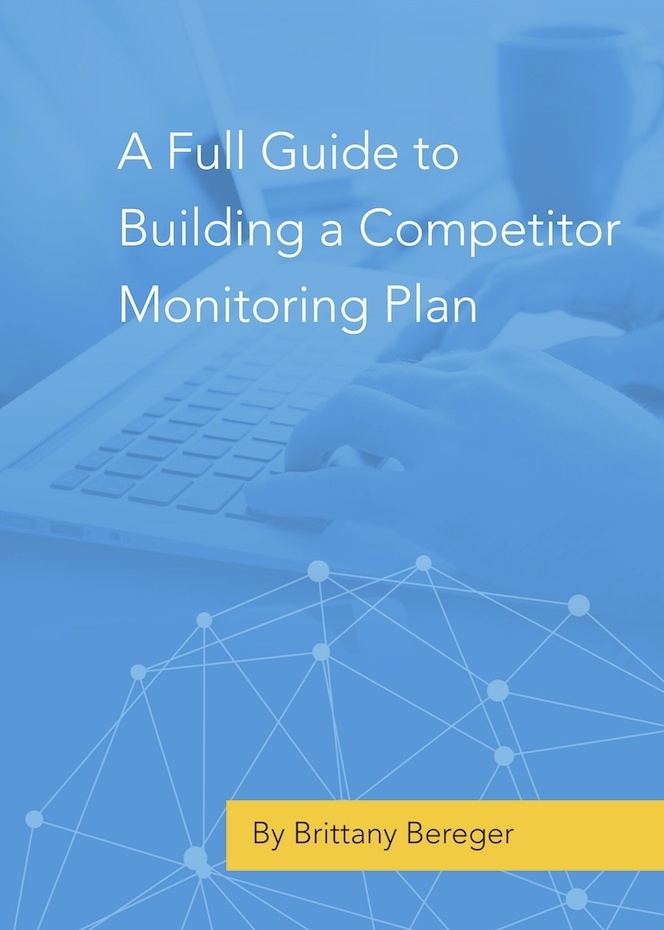
20 Competitor Analysis Tools, Tips, and Guides to Up Your Game
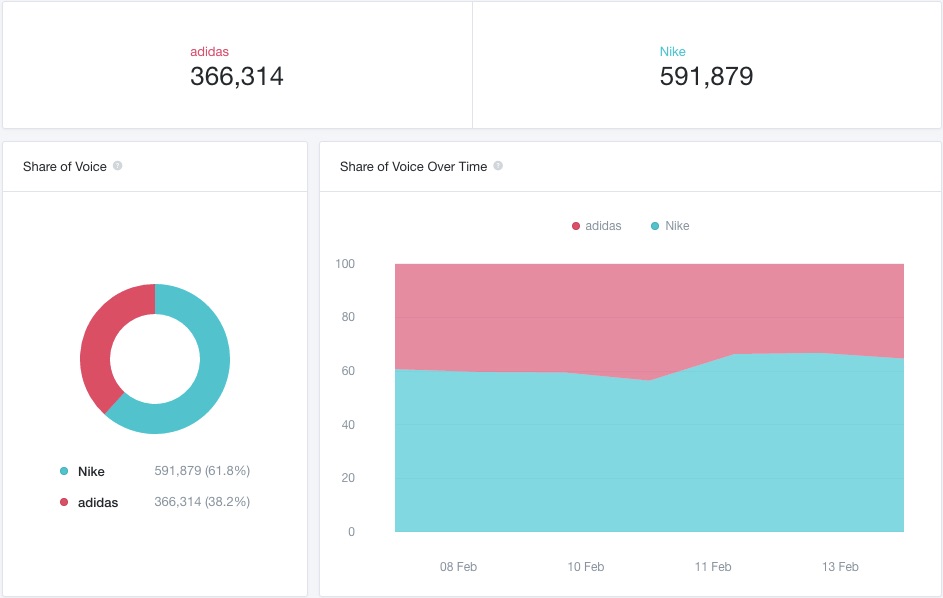
Parts de marché des moteurs de recherche (2017)
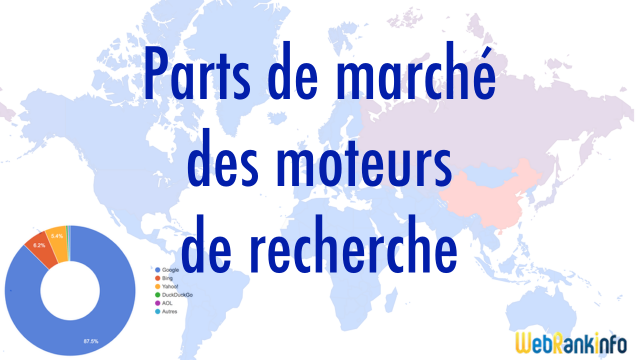
Who’s in Charge of Our Minds? The Interpreter
- So it’s not the size of our brains or the number of neurons, it’s about the patterns of connectivity. As brains scaled up from insect to small mammal to larger mammal, they had to re-organize, for the simple reason that billions of neurons cannot all be connected to one another — some neurons would be way too far apart and too slow to communicate.
- Instead, our brain specializes and localizes. As Dr. Gazzaniga puts it, “Small local circuits, made of an interconnected group of neurons, are created to perform specific processing jobs and become automatic.”
- How could a “specialized and localized” modular brain give rise to the feeling of “oneness” we feel so strongly about?
- It’s due to a principle of complex systems called emergence, and it explains why all of these “specialized and localized” processes can give rise to what seems like a unified mind.
- When you get a bunch of cars and drivers together, with the variables of location, time, weather, and society, all in the mix, then at that level you can predict traffic. A new set of laws emerge that aren’t predicted from the parts alone.
- The unified mind we feel present emerges from the thousands of lower-level processes operating in parallel.
- The facts are that I jumped and that I saw a snake. The reality, however, is that I jumped way before (in a world of milliseconds) I was conscious of the snake. I did not make a conscious decision to jump and then consciously execute it.
- Here’s how it works: A thing happens, we react, we feel something about it, and then we go on explaining it. Sensory information is fed into an explanatory module which Gazzaniga calls The Interpreter, and studying split-brain patients showed him that it resides in the left hemisphere of the brain.
- It confabulated, taking cues from what it knew and putting them together in an answer that made sense.
- And yet, the left hemisphere is where the Interpreter resides! So what did the Interpreter do, asked to explain why the shovel was chosen seeing but having no information about snow, only about chickens? It made up a story about shoveling chicken coops!Gazzaniga goes on to explain several cases of being able to fool the left brain Interpreter over and over, and in often subtle ways.
- we’ll simply make up a plausible story if we have nothing solid to go on — leading to a narrative fallacy.
- In the words of Gazzaniga, “The interpreter is only as good as the information it gets.”
- The interpreter is a module that explains events from the information it does receive.
- But as we just saw above, the interpreter is only as good as the information it receives. Lesions or malfunctions in any one of these domain-monitoring systems leads to an array of peculiar neurological conditions that involve the formation of either incomplete or delusional understandings about oneself, other individuals, objects, and the surrounding environment, manifesting in what appears to be bizarre behavior.
- The Interpreter must deal with what it’s given, and as Gazzaniga’s work shows, it can be manipulated and tricked. He calls it “hijacking” — and when the Interpreter is hijacked, it makes pretty bad decisions and generates strange explanations.
- The story of the multi-modular mind and the Interpreter module shows us that the brain does not have a rational “central command station” — your mind is at the mercy of what it’s fed.
- The Interpreter is constantly weaving a story of what’s going on around us, applying causal explanations to the data it’s being fed; doing the best job it can with what it’s got.
- This is generally useful: a few thousand generations of data has honed our modules to understand the world well enough to keep us surviving and thriving. The job of the brain is to pass on our genes. But that doesn’t mean that it’s always making optimal decisions in the modern world.
Intéressant : Cool tricks to explore Google’s Knowledge Graph results

Outils
Confide : pour envoyer des messages éphémères, cryptés et protégés – par @BlogModerateur

Movavi Share Online, logiciel pour télécharger les vidéos Facebook, YouTube, VK, S3, and FTP
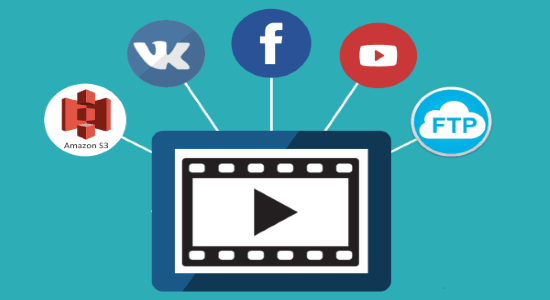
Nooboss – Un outil complet pour contrôler les extensions Chrome
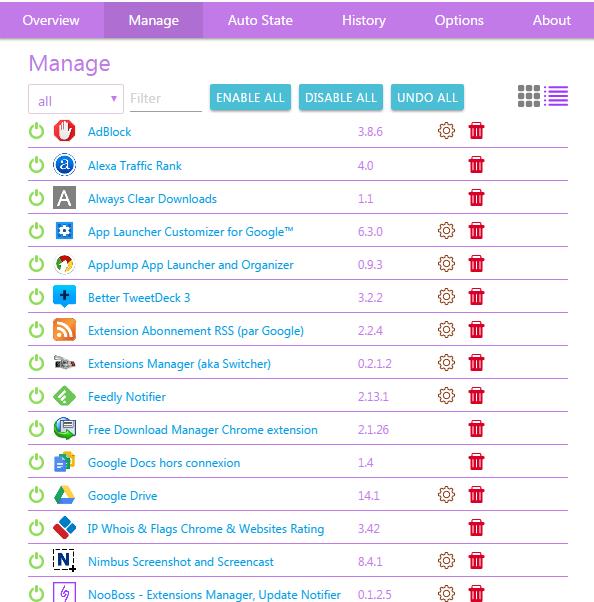
Memit – puissante plateforme de curation

6 Ways to Save Pages In the Wayback Machine
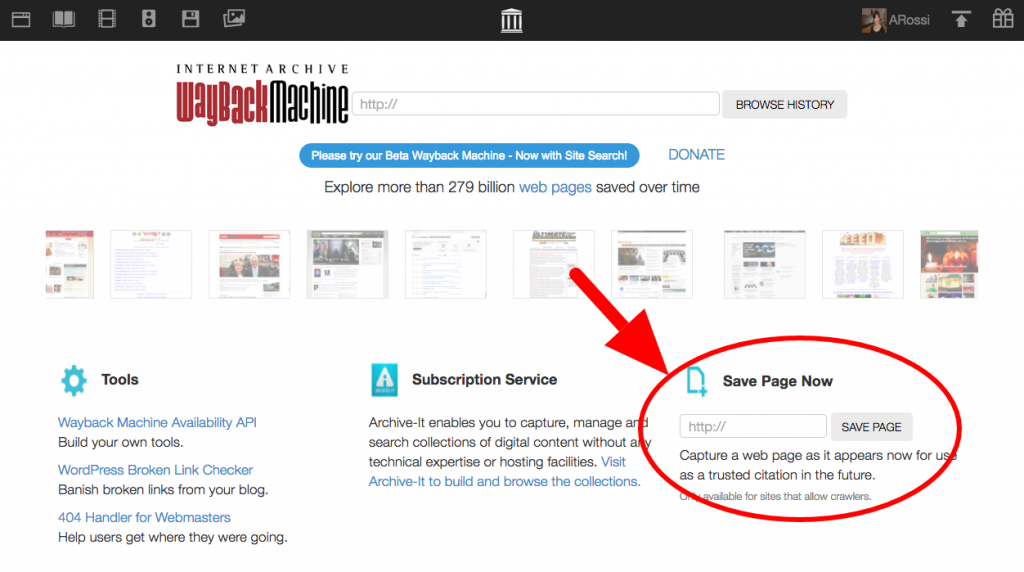
Taskade : créer des listes de tâches partageables sans identification
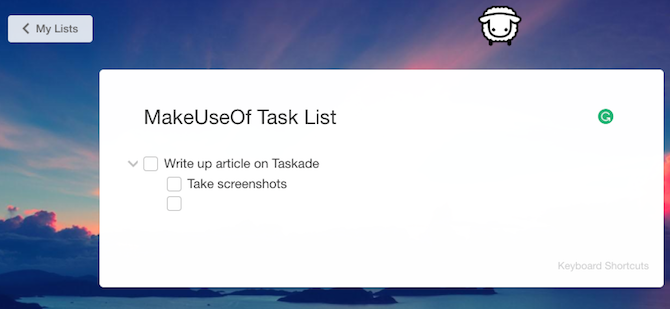
10 Excellent Web Tools for Creating Digital Quizzes
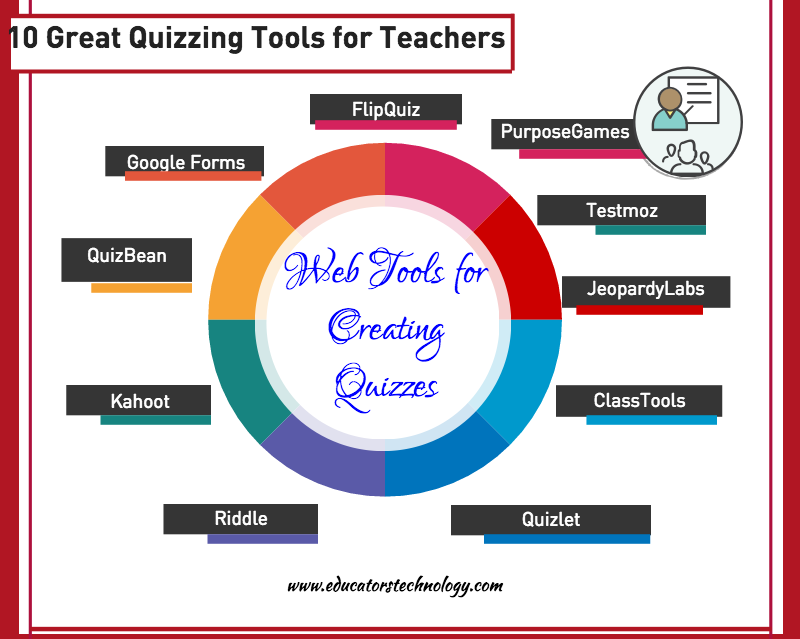
Amazon Chime. Vidéo conférences et travail collaboratif

5 Ways to Sync Music to Your iPhone Without iTunes
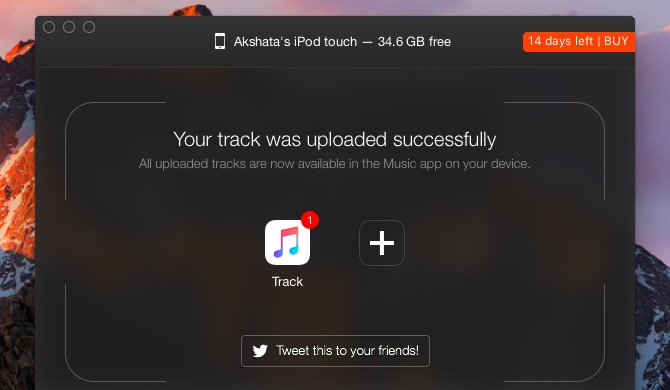
10 YouTube URL Tricks You Should Know About
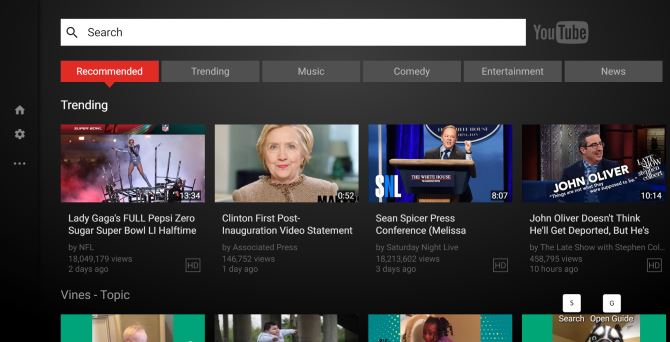
Chiffrer ses fichiers dans le cloud – par @Ballajack
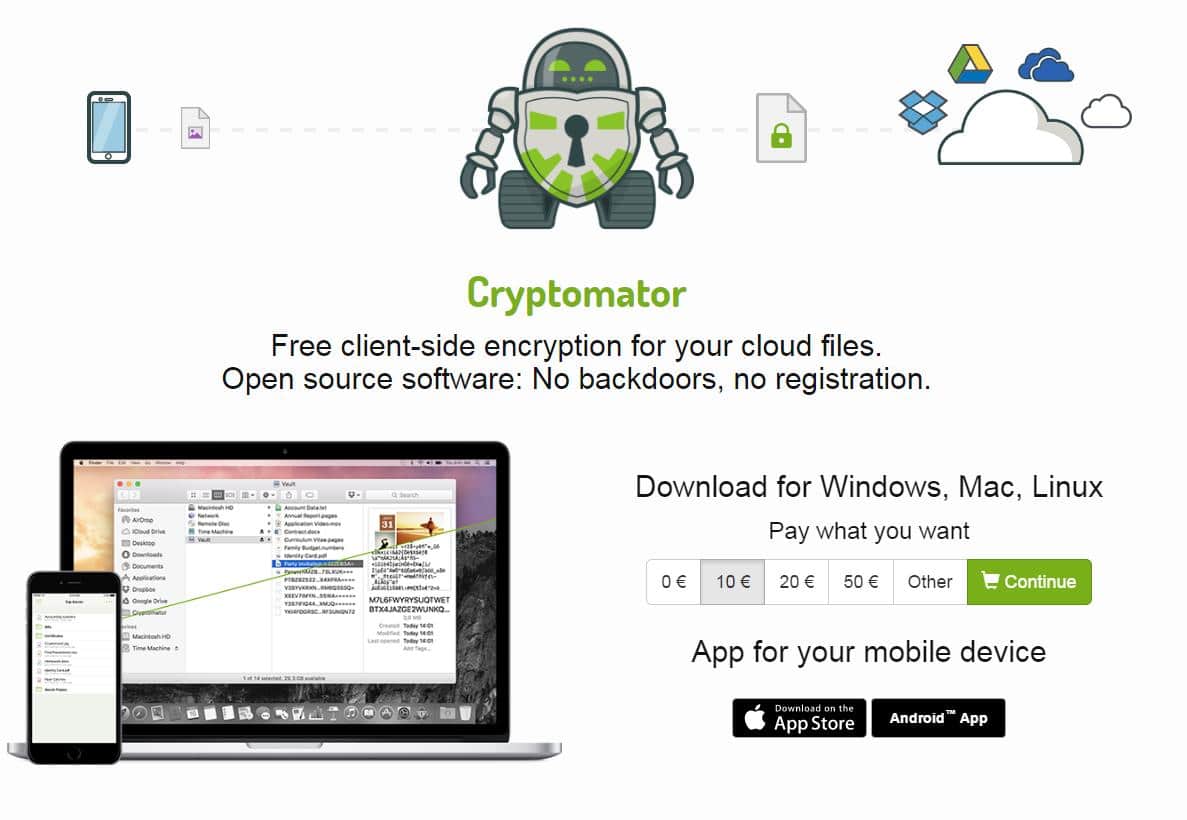
Data Selfie: Extension Chrome qui indique ce que Facebook apprend de vous
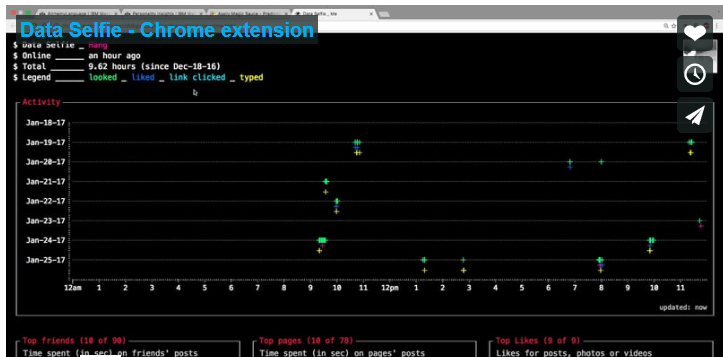
Filters are now available in our IFTTT channel | (via @RssCircus )

Twitter Dashboard, un nouvel outil pour les community managers – via @Freewares_Tutos

Save and Backup Websites with HTTrack
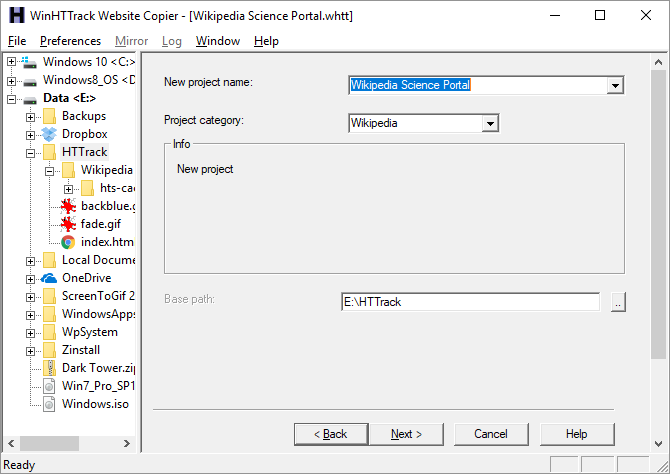
Vize Software – service de data analyse et dataviz

BuiltWith – pour savoir sur quelles technos tourne un site ou un blog

Topik.in – Service de curation – avec flux #RSS sortants – Gratuit (beta)
Lantern : rechercher dans 2 millions de vieux livres et magazines sur le cinéma
Génial!

SlideTalk : génère une vidéo à partir d’une préz PPT et ajoute « text to speech »

CLIQZ – navigateur sécurisé multiplateformes

XML Sitemaps Generator

Listen Notes : moteur de recherche de podcasts
Meshfire : pour gérer son compte et sa communauté Twitter avec une #AI

Flickr RSS – Générateur de flux #RSS pour Flickr
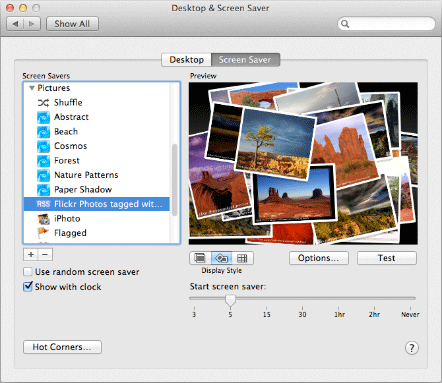
DataMetrics : création collaborative de dataviz et partages privés ou publics

Nucleus – pour créer des réseaux sociaux de partage et curation privatif

Publer – Planification de posts pour Facebook (pages, groupes, profils, events)
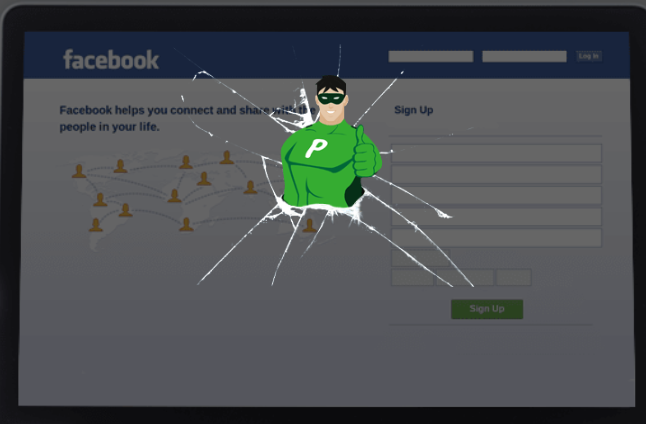
Webhose.io – scraper web qui permet l’export en #RSS
Stalkscan : impressionnant moteur de recherche pour Facebook
Tiempy – Programmation de posts sur FB, Twitter et Linkedin – accepte #RSS
Lagump34.com – moteur de recherche qui permet de télécharger MP3 et MP4 de Youtube
RSS Feed Content Spinner – Service de génération de flux « Full RSS »

Kanvse – Service de gestion de projets et gestion de tâches

Memit – puissante plateforme de curation

5 Ways to Sync Music to Your iPhone Without iTunes

The Right Way to Search Posts on Reddit
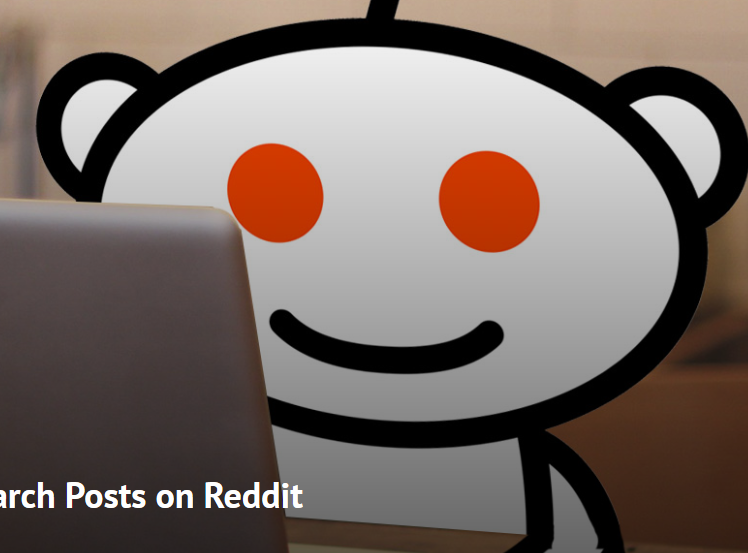
Musique
Beethoven – Turkish March – Une sacrée brochette de grands pianistes… (Lupu, Bolet, Larrocha,…)
The Offspring – The Kids Aren’t Alright
Une chanson et un clip toujours aussi puissant. Wow!
Amy Lee – « Going To California » by Led Zeppelin
Belle reprise par la chanteuse d’Evanescence
Ce billet vous a intéressé? Votez!
[kkstarratings]